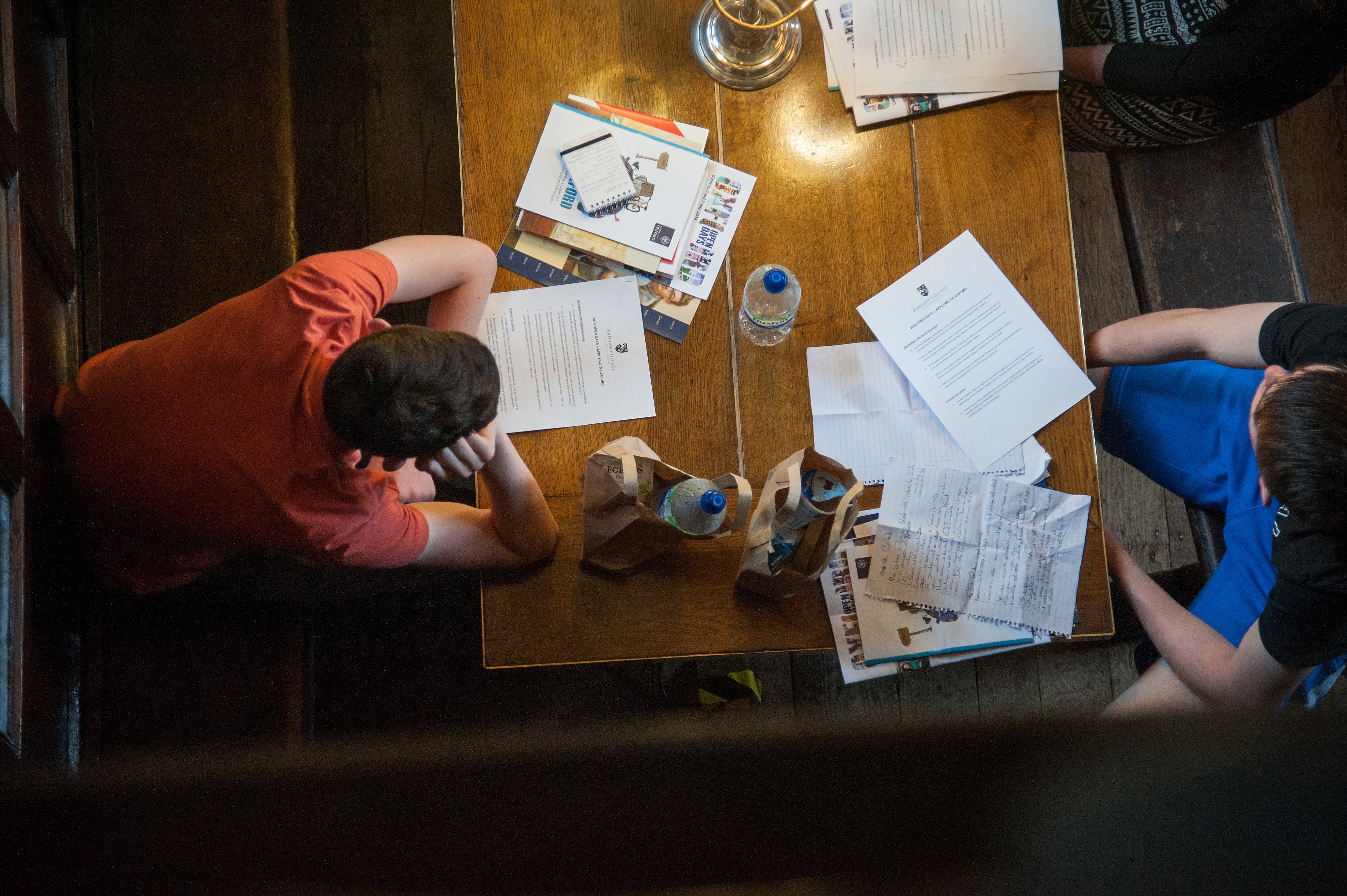Hello Oxford Maths students!
GSK is building a new team in their AI R&D department, lead by a fellow Oxford MMath alumnus. Join us in the very fast-growing space of pharmaceutical finance and answer important questions like “How can we optimise our capital allocation for the development of essential medicines and vaccines? What level of risk can we afford to take given our budget? What can historical data tell us about the uncertainty in clinical trial outcomes?”
 Fridays@2 continues in L1 this week with: Where does collaborating end and plagiarising begin? (https://www.maths.ox.ac.uk/node/70563)
Fridays@2 continues in L1 this week with: Where does collaborating end and plagiarising begin? (https://www.maths.ox.ac.uk/node/70563)
For those of you (all?) who follow our social media we have now joined Bluesky as 'oxfordmathematics', though we are not leaving X as we don't want to abandon nearly 70,000 followers.
We haven't posted on Bluesky yet, not least because much of our content is now video and Bluesky has a small video file size. But we will.
Warwick Mathematics Institute, University of Warwick
24-25 April 2025
Registration open until 28 March


 The Diversity and Decolonisation in Mathematics Conference is taking place at the Warwick Maths Institute on 24-25 April 2025
The Diversity and Decolonisation in Mathematics Conference is taking place at the Warwick Maths Institute on 24-25 April 2025 A PhD position is available within the Department of Mathematical Sciences at the University of Liverpool. Applications are welcome from all areas of mathematics, and we particularly encourage applications from those interested in probability.
A PhD position is available within the Department of Mathematical Sciences at the University of Liverpool. Applications are welcome from all areas of mathematics, and we particularly encourage applications from those interested in probability.  A reminder that prelims corner is taking place every Monday at 11am in the South Mezzanine!
A reminder that prelims corner is taking place every Monday at 11am in the South Mezzanine!